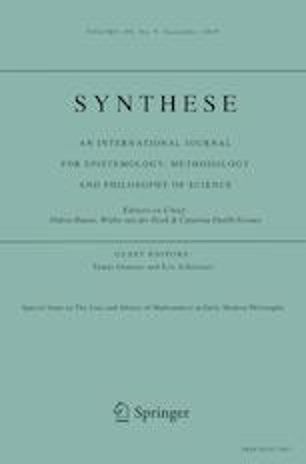
26 Sep Hearing meanings: the revenge of context
According to the perceptual view of language comprehension, listeners typically recover high-level linguistic properties such as utterance meaning without inferential work. The perceptual view is subject to the Objection from Context: since utterance meaning is massively context-sensitive, and context-sensitivity requires cognitive inference, the perceptual view is false. In recent work, Berit Brogaard provides a challenging reply to this objection. She argues that in language comprehension context-sensitivity is typically exercised not through inferences, but rather through top-down perceptual modulations or perceptual learning. This paper provides a complete formulation of the Objection from Context and evaluates Brogaard’s reply to it. Drawing on conceptual considerations and empirical examples, we argue that the exercise of context-sensitivity in language comprehension does, in fact, typically involve inference.
Lien vers la revue : https://doi.org/10.1007/s11229-019-02398-0
Lien vers la prépublication : https://philarchive.org/rec/GASHMT
